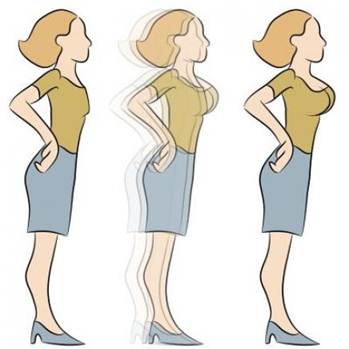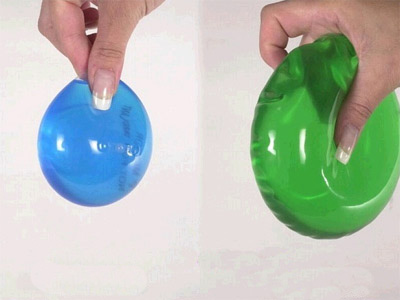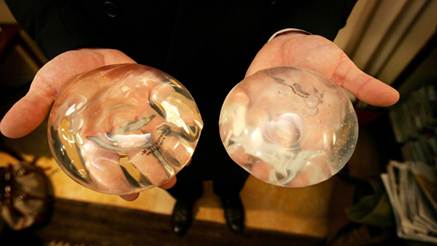The PIP breast implant scandal not only highlighted a
horrifying lack of regulation but also showed how conflicted we are about women
having boob jobs. On the 50th anniversary of implants, Barbara Ellen argues
that judgment should be reserved for the regulators of cosmetic surgery, not
those who have it

Do You Judge Other
Women Because Of These?
How do you truly feel when you hear that someone has had
their breasts enlarged? What is your instant reaction when you hear about
another woman’s boob job? Contempt laced with resentment, perhaps a light
dusting of snobbery? Well, you’re not alone.
The first modern silicon breast implant celebrates its 50th
anniversary this year, and yet it seems we are as conflicted as ever over them
and the women who bear them. When the women with faulty PIP breast implants
started coming forward earlier this year, terrified they were going to rupture
and leak low-grade silicone into their bodies, it was impossible to ignore the ripple
of censure towards them. The feeling that women who’d had mastectomies
‘deserved’ sympathy but it ‘served the others right’ for having an
‘unnecessary’ cosmetic procedure in the first place.
The hugely negative coverage raised a previously taboo
issue, too why do women judge those who have had their breasts enlarged? Let’s
be clear: the PIP scandal which involved 50,000 British women being given
French implants illegally made from unregulated silicone is not a ‘punishment
for female vanity’; it’s the direct result of a disgraceful lack of regulation
in Britain, and cynical disregard for female health.
Would we regard victims with suspicion if materials meant
for mattresses had been used for heart valves or artificial limbs? Of course
not, The PIP women ‘deserve’ our compassion as much as the victims of any other
hideously botched surgery.
And while many of us wouldn’t dream of having a boob job,
the fact is, many others do, and numbers are rising. Nor is this desire for large
breasts anything new women have been trying to increase their busts for several
centuries, using everything from ground rubber and glass balls, to ox cartilage
and paraffin injections.

Strange then how the boob job is often equated with the
falling standards of an immoral modern world. It’s also widely perceived as Naff
and low class, something thing that Katie Price and the TOWIE crowd would have
done, do complement their pink stilettos and gormless boyfriends. In truth,
women have many different reasons for undergoing augmentation. And, even if a
boob job is ‘just for vanity’, so what? Arguably the same could be said for
hair dye, face cream, tooth whitener, the list sprawls on. Are we going to
object to every last thing that improves the female appearance, or is it just
breasts that we’re conflicted about?
Maybe things become skewed because there’s a non PC air of
sexual competition with the implant. Increasing your breast size is supposed to
be antifeminist, ‘done for men’ at the very least. By contrast, the breast
reduction has an almost noble, worthy, ‘medical’ air to it. It’s seen to be
mainly about backache issues and not wishing to be objectified. Oh really? The
women I’ve know who wanted breast reductions did tend to suffer with backache,
but they also seemed pretty excited at the thought of all the skimpy lingerie
they’d finally get to wear.
One thing we’d probably all agree exists is this idea that
women’s bodies, in particular their curves, somehow belong to everybody; that
society, as a whole, has a say in how the female form should look, in a way
that rarely happens with male bodies.

the silicone
breast implant
With this in mind, it’s awful to see women suckered into
judging each other, especially in a case like the PIP scandal where serious
long-term health issues are involved. In a way it’s great that breasts, real or
fake, continue to be a feminist issue, and spark debate. There are many valid
points to be made on the subject, but does any of it matter as much as the
question that really needs answering how do we make sure it’s safe?
Three things that need to happen to make implant surgery safe
1. No more hard sell. Some high street surgery staff
receives commission, which might mean risks not being explained properly.
2. A compulsory implant register. ‘This would record
the type and make of every implant used in the UK, so doctors could get patient
histories immediately’, says Nigel Mercer, consultant plastic surgeon.
3. Licensing for doctors. Create a register of
doctors licensed to perform specific cosmetic surgery procedures.